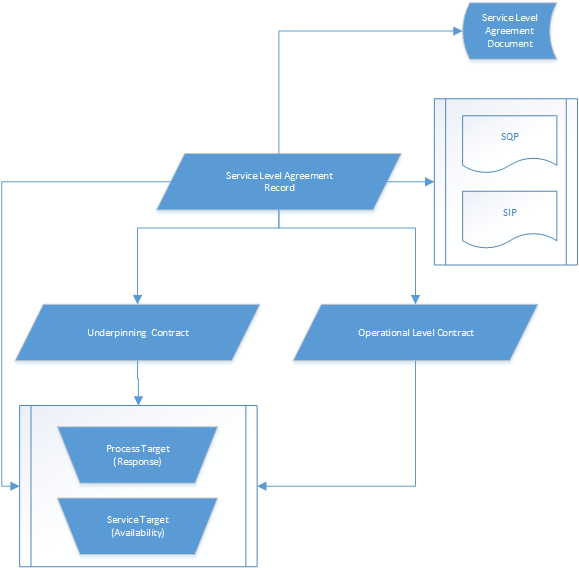Searching the Help
To search for information in the Help, type a word or phrase in the Search box. When you enter a group of words, OR is inferred. You can use Boolean operators to refine your search.
Results returned are case insensitive. However, results ranking takes case into account and assigns higher scores to case matches. Therefore, a search for "cats" followed by a search for "Cats" would return the same number of Help topics, but the order in which the topics are listed would be different.
| Search for | Example | Results |
|---|---|---|
| A single word | cat
|
Topics that contain the word "cat". You will also find its grammatical variations, such as "cats". |
|
A phrase. You can specify that the search results contain a specific phrase. |
"cat food" (quotation marks) |
Topics that contain the literal phrase "cat food" and all its grammatical variations. Without the quotation marks, the query is equivalent to specifying an OR operator, which finds topics with one of the individual words instead of the phrase. |
| Search for | Operator | Example |
|---|---|---|
|
Two or more words in the same topic |
|
|
| Either word in a topic |
|
|
| Topics that do not contain a specific word or phrase |
|
|
| Topics that contain one string and do not contain another | ^ (caret) |
cat ^ mouse
|
| A combination of search types | ( ) parentheses |
|
Structure of a service level agreement
The following diagram illustrates the relationship of the various components of Service Level Agreements (SLAs) in Service Manager:

In this diagram, the centerpiece is the Service Level Agreement record. The Service Level Agreement contains several components:
- The official Service Level Agreement document, which is usually a scanned and signed document held in the record as an attachment.
- Underpinning Agreements, which are the supporting agreements of the following types:
- Underpinning Contract: An agreement between your organization and another party outside of your organization.
- Operational Level Agreement: An agreement with another department of your organization (for example, an agreement between Level I and Level II Support).
- Specific Service Level Targets to measure response and availability.
- Service agreement start and end dates.
- The date of the last review, the date of the next review, and the frequency with which that review should occur.
- For Service Level Requirements (SLRs, which become Service Level Agreements after the agreed stage) of the “Service” type, an additional tab for Subscriptions appears. This allows you to see what individuals have subscribed to the SLA.
Note OLAs and UCs follow the same structure, except that those agreements do not have underpinning agreements.











